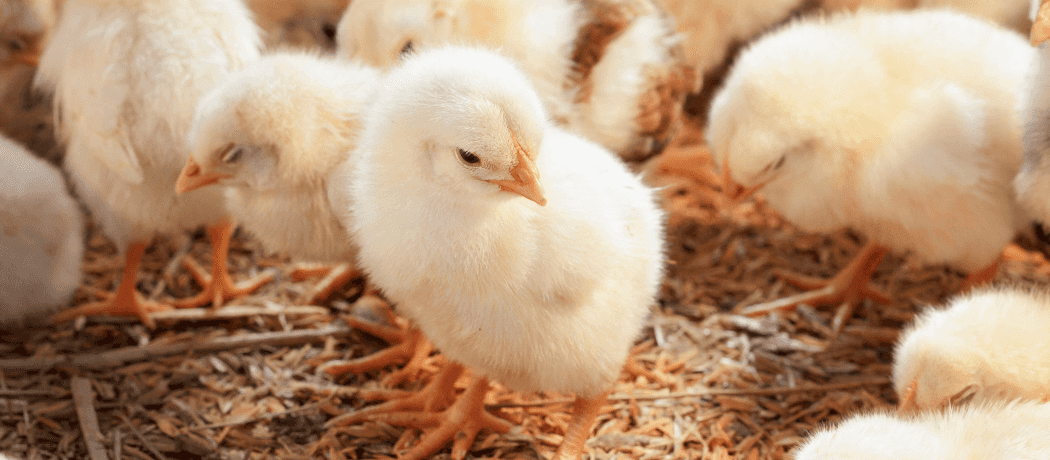
Fighting Bird Flu with Innovative mRNA Vaccines
September 05, 2024
“As a veterinarian, I have witnessed several avian influenza outbreaks and their devastating consequences on both the food sector and public health,” says Arrell and HQP Scholar Alumna Fatemeh FazeI. “I decided to become part of the solution to this worldwide problem.”

Fatemeh Fazel is a PhD student with Dr. Shayan Sharif at the University of Guelph in OVC's Department of Pathobiology. Fazel’s passionate words come from years in the world of medicine. From a young age, she watched her mother support Afghan refugees while working for Doctors without Borders. This path led Fazel to veterinary medicine, where she encountered the devastating reality of avian influenza outbreaks on consumer prices and food insecurity in Iran.
The avian influenza virus (AIV), also known as ‘bird flu’, is a highly contagious zoonotic disease that infects domestic and wild birds. The disease is a significant risk to the poultry industry as the culling used to control the spread damages the poultry industry, farmers livelihoods, and international trade.
Witnessing these consequences firsthand in Iran motivated Fazel to move to Guelph to study with Dr. Sharif on pioneering mRNA vaccine strategies for AIV on an Arrell Scholarship. Fazel is now a PhD student, and her research focuses on the development of immune-based strategies against AIV in chickens, with a focus on mRNA vaccines.
Responding to the Avian Influenza Virus
Like any adaptable zoonotic disease, dealing with the re-emerging AIV requires strategies for prevention and outbreak at multiple stages of the poultry-raising process. Vaccines are an important way to prevent birds from being infected in the first place, thereby limiting the spread and the need for culling. mRNA vaccines are an innovative solution as they instruct the host to create antibodies to fight the pathogen, without exposing the host to the virus. These antibodies stay in the host, ready to stave off AIV in future exposures.
Zoonotic diseases such as AIV evolve rapidly into new viral strains, so any vaccine development platform must be flexible to respond to these changes. The mRNA vaccine Fazel developed in Dr. Sharif’s lab is flexible, and trials can be constantly updated based on the most recent circulating strains. The initial design and development of the mRNA avian influenza vaccine is finished. The next stage of the project now involves assessing the tolerability and efficiency of the candidate vaccine in chickens.
While the research is highly technical, Fatemeh’s experiences as an Arrell and HQP Scholar broadened her perspective. Fazel shares that these scholarships provided valuable opportunities for engagement and collaboration, showing her the larger connections between global health and food systems. She embraces the One Health approach, recognizing the importance of connections between animal and human health and the environment for fighting AIV. “Design and development of efficient mRNA vaccines against AIV”, Fazel concludes, “enhance[s] our preparedness for possible future outbreaks and makes a meaningful contribution to the fields of veterinary medicine, and the poultry industry.”
Want to Learn More?
Get connected with Arrell and HQP Scholar Fatemeh Fazel through Fazel’s LinkedIn.
Interested in learning more about innovative mRNA vaccines?
Check out her recent publication, “The mRNA vaccine platform for veterinary species” through the Journal of Veterinary Immunology and Immunopathology.
This story was originally published on the Food from Thought website. For more stories like this, visit their website: News - Food from Thought.
.png)